Chemicals In Your Tea? Know What's In Your Cup.
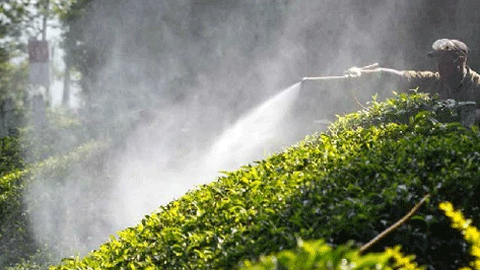
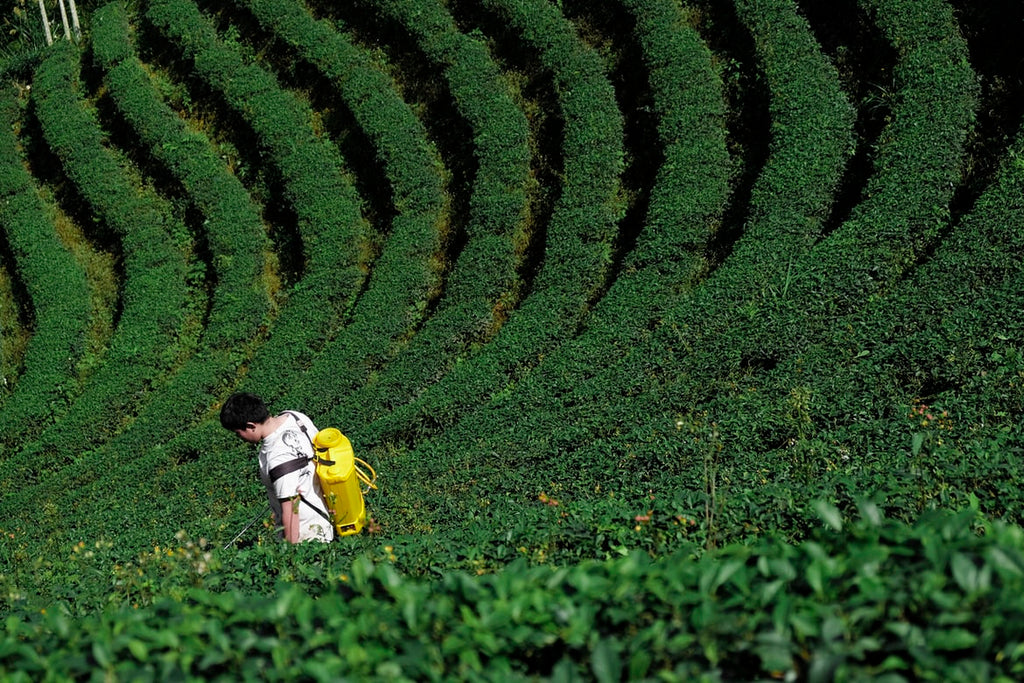
Most of us are careful about the things we put in our bodies – from the food, we eat to our choices in drinks and now even the types of cosmetics and cleaning products we use. It's one of the main reasons tea sales are so high at the moment, rather than drinking fizzy sodas or Grande Starbucks (signature hot chocolate with one shot espresso and 2 pumps of raspberry anyone?), the world is turning to a healthier alternative - tea!
But is tea as healthy as we all think? Recent news has suggested that most teas are tainted with chemicals and pesticides. Now before you go flushing your tea leaves down the toilet, read on...
Teas were traditionally consumed for medicinal purposes and very quickly turned into an industry by those sharpshooting early tea merchants. The great demand for teas meant that suppliers had to use chemicals to ensure faster tea growth and yield, to keep up with demand. Preservatives were then introduced to increase their shelf life. Unfortunately, many of these practices still stand today.
So here's our advice to help you avoid any nasty surprise ingredients in your tea:
Know your tea…
Take the time to read the ingredients on your tea and if you can't see anything worrying be wary of the tea brands which have been accused of adding the most chemicals, namely Tetley, Lipton, Twinnings, Uncle Lee’s, Legends of China, King Cole and Signal. (Source davidwolfe.com)
If the box contains anything other than the tea itself, it’s time to skip that brand. So, check the label!
Know where your tea is from...
Go for certified organic teas or those which have been marked as non-GMO verified. You will not only be supporting the local tea farmers, but you can be sure that nothing else is lurking in your cup.
Loose-leaf vs tea bags…
We talk about this a lot here at BRUU and we're big advocates of loose tea over tea bags. Most tea bags are filled with lower grade tea that doesn't get the same love and attention that loose leaves get. After all, we're paying our farmers 50 times more for our teas than supermarkets pay for theirs. It's just a better quality tea and worth every penny.
What you also need to think about is the material your tea bags are made from - nylon, cloth, plastic or paper. Different bag materials react differently when placed in hot or boiling water. For example, wax, which is used to coat some tea bags melts and lets off some residue in the tea. Nylon can also do the same. The traces are very small and pass all the consumer health tests of course, but it's still doesn't feel right that it should be in a tea in the first instance.
Keep drinking, keep thinking and keep pondering and asking questions. Know your tea people. And remember, here at BRUU we like to focus on serving our tea club members the most natural and healthiest teas - which is why you won't find any chemicals, toxins or nasty surprises in our gourmet loose tea blends.
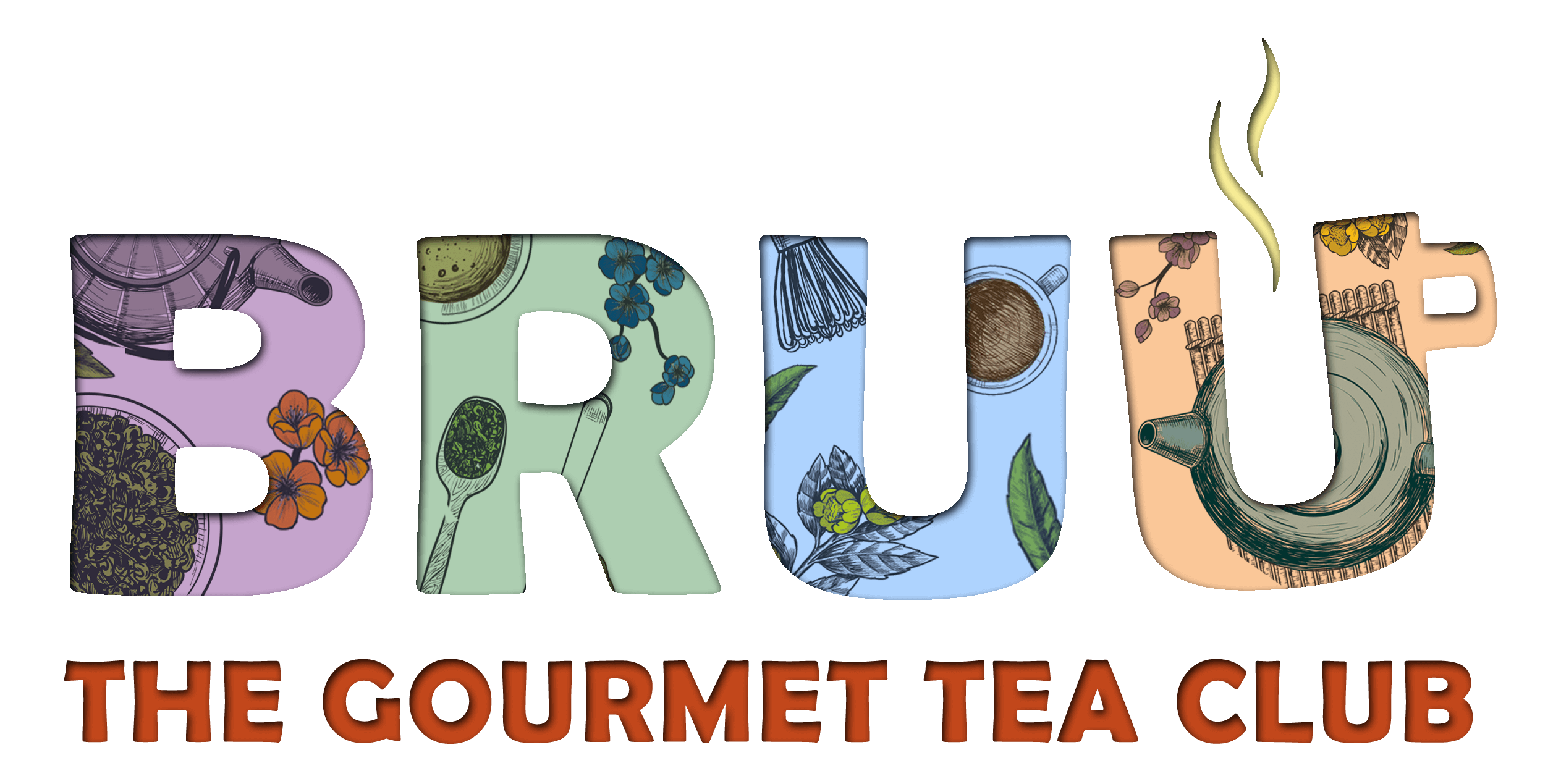

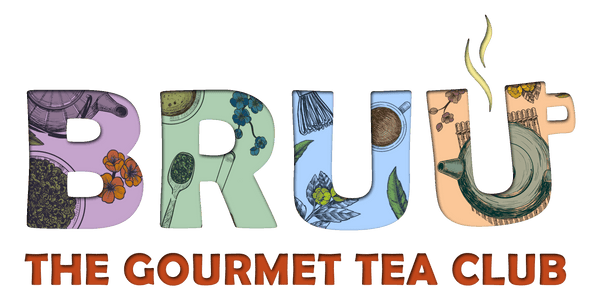
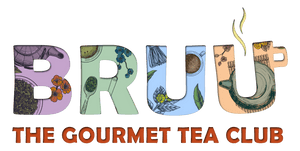
Leave a comment